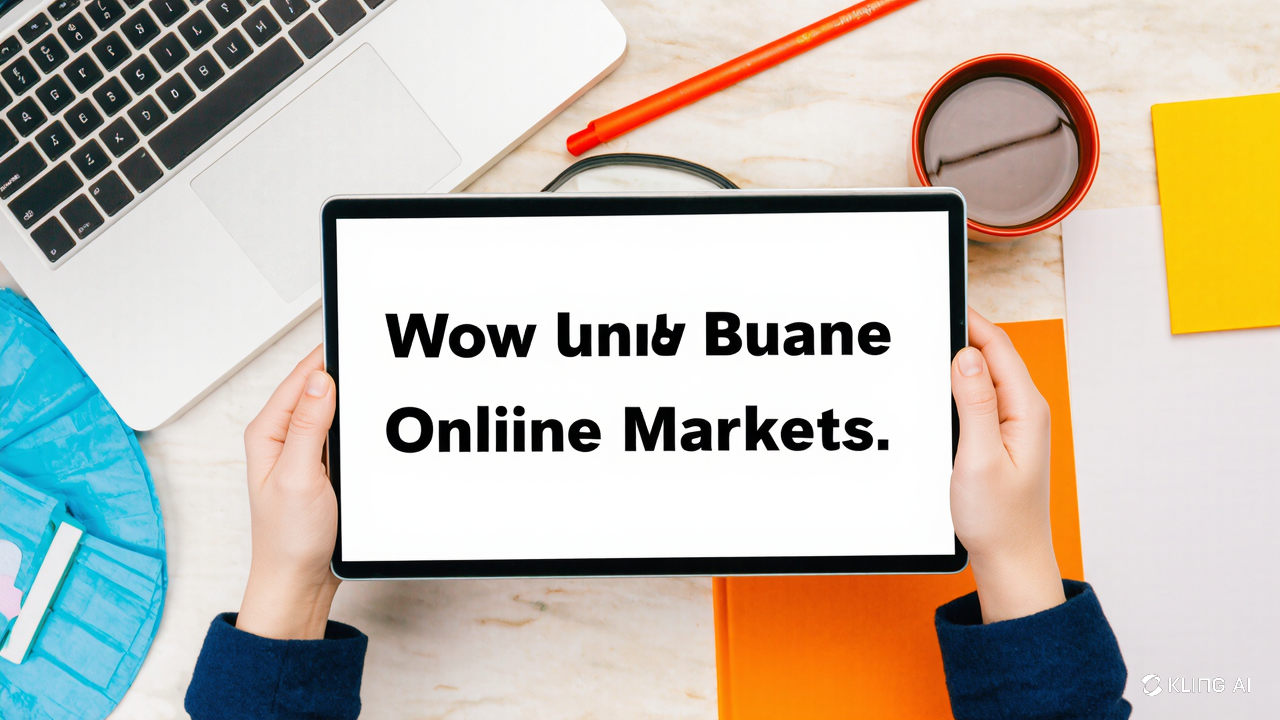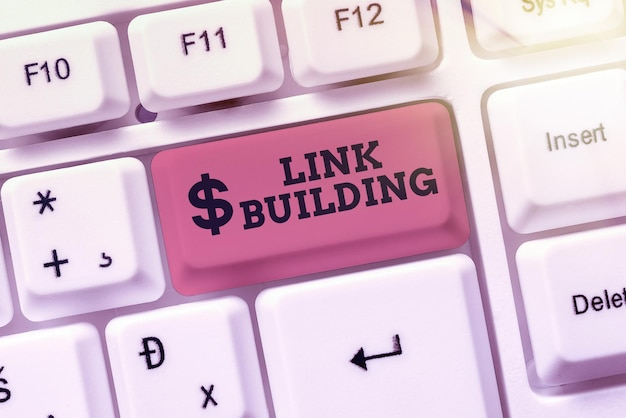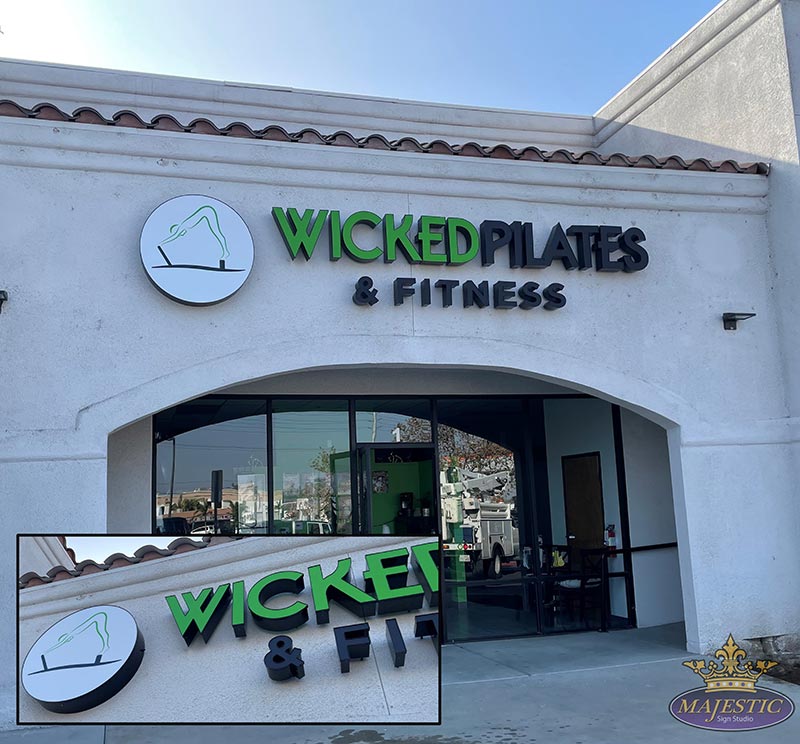
In recent years, we’ve all witnessed a dramatic shift in how people shop, sell, and run businesses. With the rise of digital platforms and a shift toward more remote lifestyles, the online marketplace model has gained serious traction. It’s no longer just giants like Amazon or Airbnb dominating the space; many entrepreneurs and businesses are building marketplaces tailored to specific audiences and needs.
In this post, I’ll walk you through why building an online consultation marketplace could be one of the smartest moves right now. Whether you’re a founder, an investor, or someone curious about digital business, you’ll find useful insights here
What is an Online Marketplace?
Before moving forward, let’s take a moment to clarify what we mean by an “online marketplace.” An online marketplace is a website or app where multiple sellers offer products or services to multiple buyers. Unlike traditional retailers, these platforms usually don’t own the goods or services themselves; instead, they act as intermediaries, connecting buyers and sellers while generating revenue through fees, subscriptions, or other monetization models.
There are several common types of online marketplaces. Product marketplaces, like Etsy or eBay, focus on physical goods. Service marketplaces, such as Fiverr or TaskRabbit, connect users with freelance or local service providers. Rental marketplaces, including platforms like Airbnb, offer short-term access to items or property. B2B marketplaces, like Alibaba, cater to business-to-business transactions.
Then, there are peer-to-peer marketplaces, where users can act as both buyers and sellers. These platforms empower individuals with more control over their buying and selling choices while allowing marketplace owners to scale without the burden of managing inventory.
Why Build Your Marketplace?
Building your online marketplace comes with several practical and financial benefits. While it takes time, planning, and some upfront investment, the rewards can be significant.
You Can Scale Without Stocking Inventory
One of the strongest points in favor of launching a marketplace is that you don’t need to manage inventory. Since other people supply the goods or services, you avoid costs related to storage, shipping, or production.
That means:
- Lower overhead
- Fewer logistics headaches
- Faster path to launch
You act as the host while your sellers take care of fulfillment.
Multiple Revenue Streams
Unlike traditional eCommerce stores, online marketplaces can generate money in various ways. This flexibility can make them more sustainable long term.
Some common methods include:
- Commission fees on each transaction
- Subscription plans for sellers
- Featured listings or ads
- Transaction or processing fees
This kind of diversity allows you to build a more stable income over time.
Room to Grow Fast
Since you’re not limited by what you can personally stock or sell, the marketplace model grows as more sellers and buyers join. The more active users you attract, the more value your platform offers.
This creates what’s known as a “network effect,” where:
- Buyers are drawn in by wide product variety
- Sellers join to reach more customers
- More users lead to more revenue, making the whole system stronger
People Are Ready to Buy and Sell Online
We’ve all seen the data: People are shopping online more than ever. Whether it’s groceries, home goods, or digital services, they want access to options and quick checkout processes. Online marketplaces give them both.
Furthermore, more people are also looking for ways to earn money online. They’re ready to list products or offer services if they find a platform that supports them.
So, when you build a marketplace, you’re creating opportunity on both sides of the transaction.
Why Now Is the Perfect Time?
Timing is everything, and right now, conditions are ideal for the growth of online marketplaces. eCommerce sales are steadily rising across the globe, particularly within niche categories. At the same time, small sellers are increasingly seeking alternatives to saturated platforms like Amazon and Etsy. Consumer trust in online reviews and ratings is stronger than ever, further fueling the shift toward digital shopping experiences.
On the tech side, launching a marketplace has become significantly easier than it was even just three to five years ago, thanks to more accessible tools and platforms. Taken together, this momentum creates a prime opportunity for new marketplaces to thrive, especially those that cater to specific communities or address unmet needs in the market.
What You Might Face Along the Way?
Every business model has its share of hurdles, and marketplaces are no exception. We’re not here to sugar-coat it, so let’s talk about some things you’ll need to address early.
Getting Buyers and Sellers at the Same Time
You need products to attract buyers, but you also need buyers to attract sellers. Solving this “chicken and egg” problem requires smart planning.
Building Trust
People want to feel secure when sharing their payment information or buying from strangers. Your platform needs tools like:
- Transparent reviews
- Verified profiles
- Reliable customer support
These features help users feel safe and valued.
Handling Disputes or Fraud
Things can go wrong: a buyer doesn’t get what they paid for, or a seller gets scammed. Your platform needs clear policies and a system to handle disputes fairly.
What Should Your Marketplace Include?
To meet people’s expectations, your marketplace must be fast, clear, and simple to use. Whether someone is buying or selling, they should be able to navigate your platform effortlessly and without confusion. Users will expect an easy-to-use dashboard to manage their products or services, along with a mobile-friendly interface that functions smoothly across all devices.
A clear and straightforward checkout and payment system is essential, as are transparent ratings and reviews to build trust. Additionally, effective search and filtering tools will help users quickly find what they need. When your platform runs seamlessly and maintains a professional appearance, it inspires confidence and encourages users to engage with it.
How to Start Building Your Marketplace?
If you’ve read this far and feel inspired to build your platform, here’s a clear path to begin.
Start With a Niche
Rather than trying to compete with Amazon, think smaller. Choose a group of people with a specific need and focus your marketplace on them.
Examples:
- Pet owners looking for handmade accessories
- Freelancers offering wellness coaching
- Vintage clothing sellers
Choose How You’ll Make Money
Decide if you’ll charge transaction fees, monthly subscriptions, or premium listing fees. Keep it fair, especially in the early stages, so you don’t scare away new users.
Pick the Right Platform or Tech Stack
There are two main options:
- Use a ready-made marketplace builder (like Sharetribe or Arcadier)
- Hire a developer or team to build a custom platform
Each has pros and cons depending on your timeline and budget.
Create a Minimum Viable Version
Start small and focus on features people need. Once you get users and feedback, you can add more tools and options.
Build a Launch Plan
Before you open the doors, spread the word. Consider:
- Email campaigns
- Social media outreach
- Collaborations with early sellers
- Launch day promotions
The more buzz you build, the faster people will sign up and start using your platform.
Real Examples of Marketplaces That Took Off
You don’t need to be a billionaire or a tech genius to succeed in this space. Many successful marketplaces started small and grew rapidly by focusing on specific needs and prioritizing user experience. Take Poshmark, for example. It began as a simple fashion resale app and has since evolved into a multi-billion-dollar platform with millions of users.
Thumbtack started by helping people connect with local service providers like contractors and cleaners, simplifying the process of finding reliable help. StockX launched as a sneaker resale marketplace and gained a loyal following by offering verified products and transparent pricing. These companies show that with the right focus and a commitment to user satisfaction, it’s entirely possible to scale a marketplace from humble beginnings.
Conclusion
If you’ve been considering launching an online business, creating a marketplace can be a powerful way to take control of something much bigger than just selling individual products. It allows you to empower others, foster a sense of community, and earn income from the activity taking place on your platform even while you sleep.
This is your opportunity to step into that role. Start by identifying your niche and exploring what’s already available in the market to uncover any gaps or unmet needs. Then, decide how you want to build your platform, whether through a SaaS solution or a custom build, and take action without waiting for the “perfect” moment.
We’re in a time when people are more eager than ever to connect and trade online, and your marketplace could be exactly what they’re looking for. So, what’s holding you back? Start planning your marketplace today.







